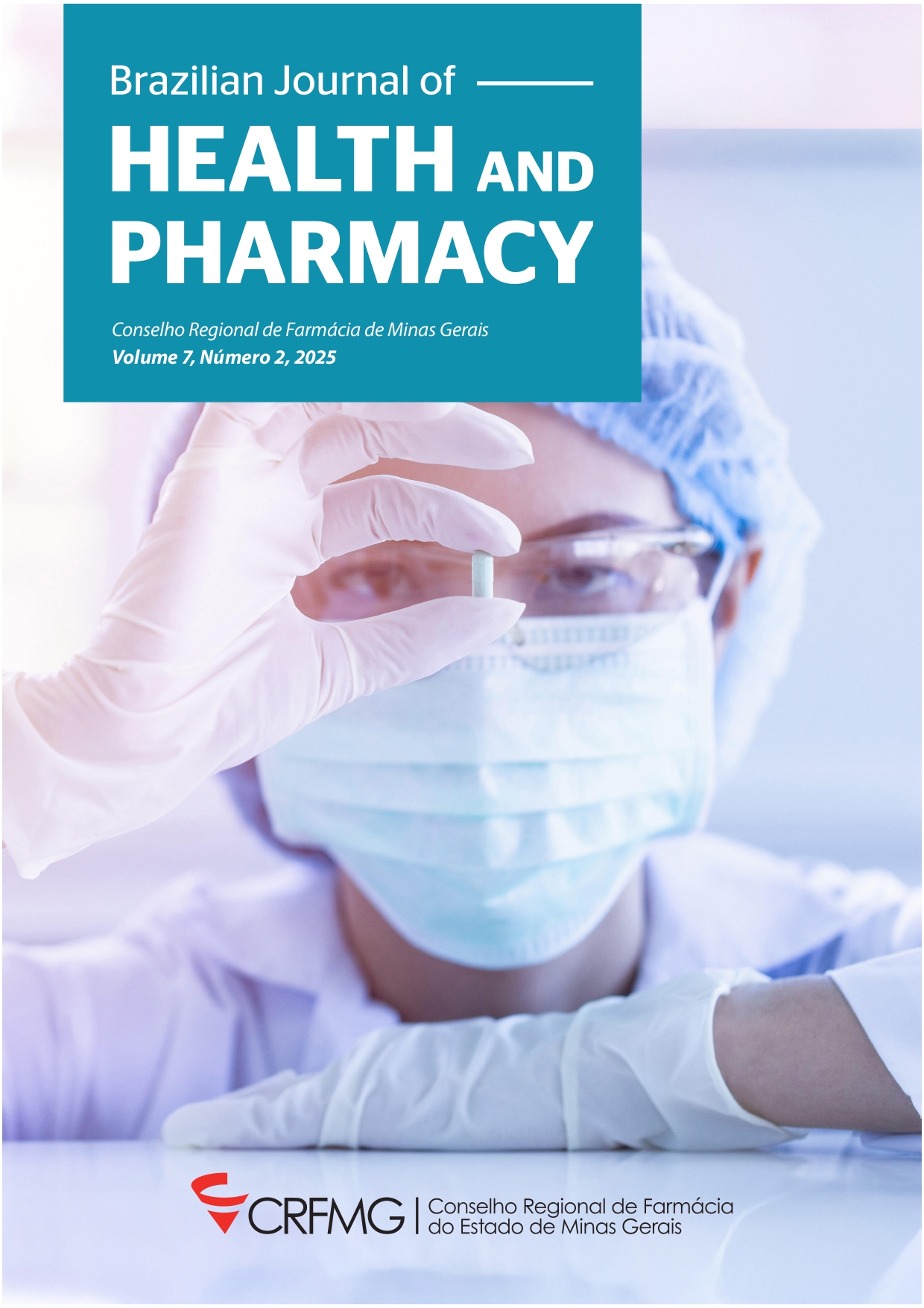Abstract
Introduction: Burnout Syndrome (BS) is a response to chronic work stressors, characterized by exhaustion, negative feelings, and frustration, resulting in physical and emotional strain. Objective: To assess the occurrence of BS and risk factors among hospital pharmacists in Brazil. Method: Analytical cross-sectional study conducted with pharmacists working in hospital pharmacy services in Brazil in 2022. A questionnaire was sent to professionals affiliated with the Brazilian Society of Hospital Pharmacy (SBRAFH) between February and March 2022. Demographic, educational, and workplace variables associated with the three dimensions of BS, as described by Maslach and Jackson (1986)—emotional exhaustion (EE), depersonalization (DP), and personal accomplishment (PA)—were analyzed. The protocol was approved by the Ethics Committee of IPSEMG. Results: The sample included 197 women, with a BS prevalence of 71.1%. Among participants, 44.16% were aged 25–34, and 37.56% were aged 35–44. Regarding marital status, 51.78% were married, and half had children. An association was observed between marital status and PA. Regarding education, 59.90% were specialists, 22.84% had master’s degrees, and 12.18% held undergraduate degrees. Of the hospitals, 56.35% were public, 28.93% private for-profit, and 14.72% non-profit. There was an association between hospital size and EE. A workload ≥40 hours, lack of training incentives, and dissatisfaction were associated with EE and DP. Conclusion: The high prevalence of BS highlights the impact of workload, lack of training, and job dissatisfaction on hospital pharmacists.


